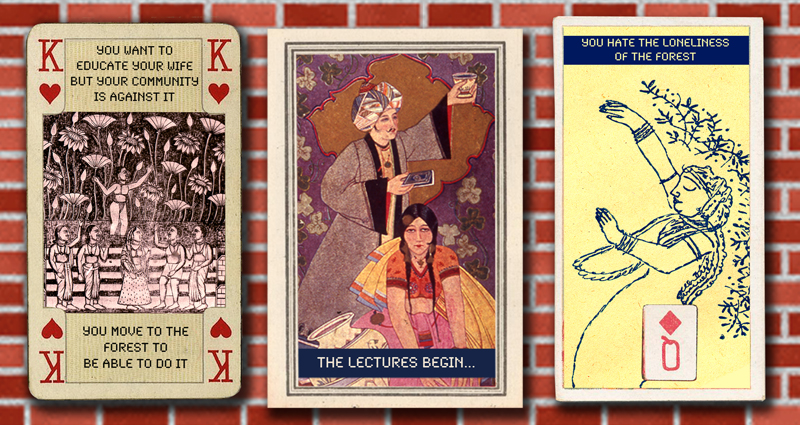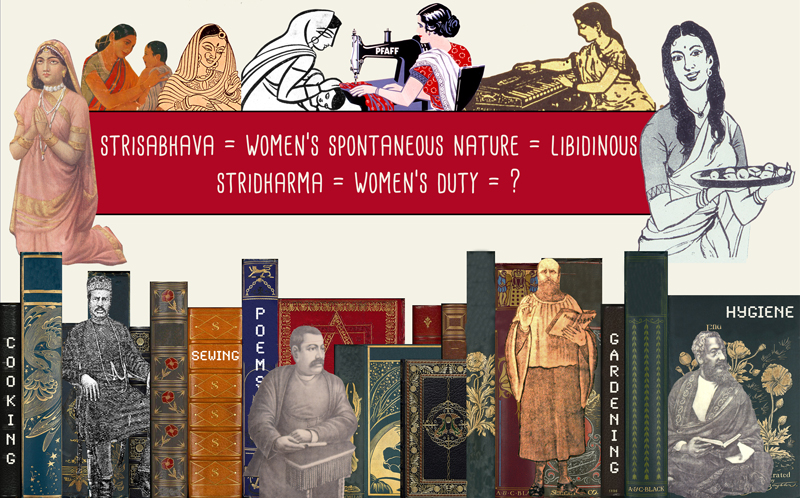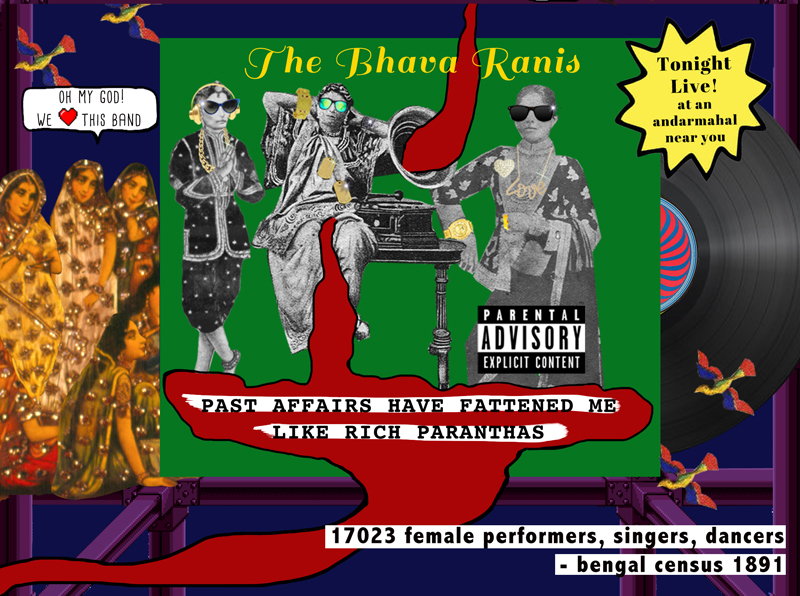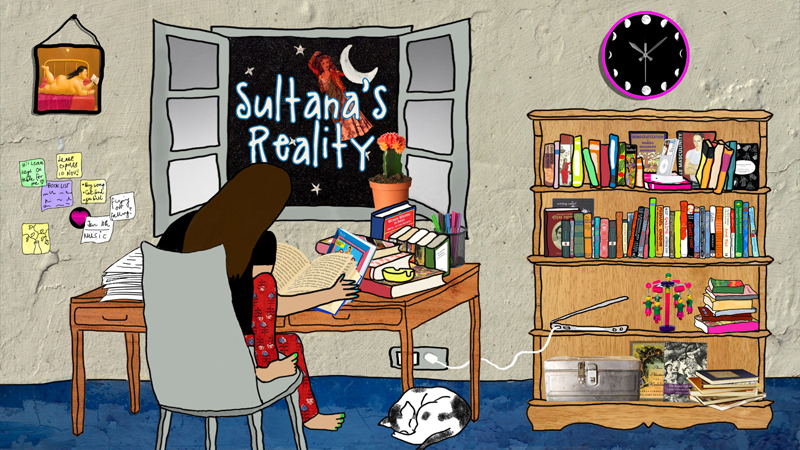Afrah Shafiq





Grant Period: Over one year
Afrah Shafiq has been working as a researcher, assistant and producer in the world of documentary film, photography, art, curation and line production with various filmmakers, artists and organisations in Bombay. It is perhaps her involvement and research in these collaborative ventures that has inspired her to propose this particular project at the CSSSC archives. Earlier, Afrah has worked on a graphic publication, dates.sites on 20th century Bombay/Mumbai that was anchored to its most popular public institution - the cinema. Her engagement with this project was to imagine, source and intersperse with the story told in the text, a body of visual imagery that would create its own narrative that was “far from umbilical, (from the original text) but rather playfully associative”. Another of her projects includes Connected, a TV series by filmmaker Paromita Vohra that looked at the inner lives of women in Bombay told through their video diaries.
In continuation with these interests, Afrah intends to use her research period at the CSSSC archives looking for visual material and stories of women from the nineteenth century to the present, from which she will create series of short, hybrid videos that will illustrate, and interpret from the material, an account of women, loosely themed around Women and Impudence/Cheeky Girls.
As many theorists have suggested, being a modern, middle-class woman in late colonial India appeared to have been a lot of hard work, as the texts confirm. Lilabai Patwardhan (1908), wife of Marathi poet and intellectual Madhavrao Patwardhan, for instance, recalls in her memoir that when she and her husband moved into their own apartment in 1928, her husband wanted her to spend some time reading and writing and urged her ‘not to be doing housework all the time like uneducated women’. In the early days of her marriage, she recounts, her husband set passages for her to read every day, checking her comprehension regularly. To master the readings to her husband’s satisfaction, Lilabai noted, ‘I had to give up my afternoon nap’. The example of Lilabai’s account indicates that ‘modernisation in the home often meant that old duties gave way to new ones, filling women’s time almost as thoroughly’.
Afrah will use such instances in her videos. Through the women in these videos, she says, ‘the narrative will attempt to re-imagine the anxiety or eagerness that women appear to have in relation to their domestic duties, with rearing and creating a wholesome household, with appearance and self presentation, with ageing and deterioration of the body and other demands that might be associated with their being. The women in these videos openly admit when and how the expectation from their gender becomes an absolute bore and chore, and they do it with cheek and impudence’.
This fellowship was made possible with support from Voltas Limited.
